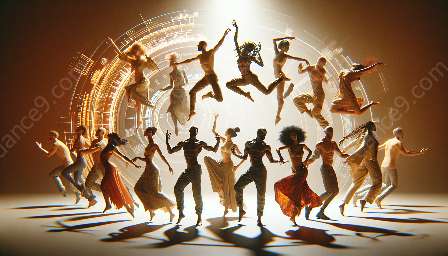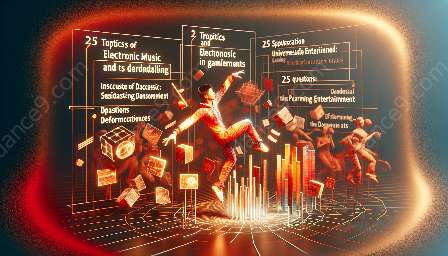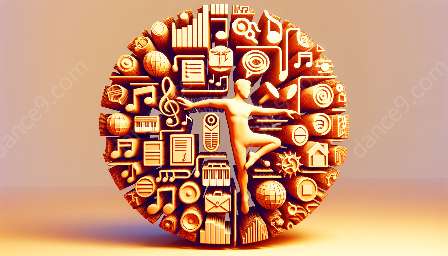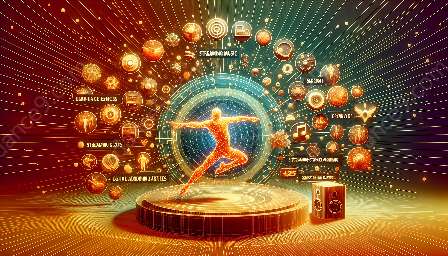Dance and electronic music offer a unique blend of artistic expression, creativity, and technical expertise. Within these genres, the concepts of performance ethics and copyright play a crucial role in shaping the industry and guiding the behavior of artists, performers, and producers. Understanding and navigating the complexities of performance ethics and copyright are essential for any professional working in these fields.
Performance Ethics in Dance and Electronic Music
When it comes to performance ethics in dance and electronic music, several key considerations come into play. One of the most important aspects is the integrity and authenticity of the performance. Artists and performers are expected to uphold high standards of professionalism and honesty in their work. This includes being transparent about the use of pre-recorded materials, live instrumentation, and vocal enhancements during performances. Ethical considerations also extend to the treatment of fellow performers, collaborators, and industry colleagues.
Additionally, performance ethics in dance and electronic music encompass the responsibility of artists to deliver high-quality and engaging experiences to their audience. This involves creating an atmosphere of mutual respect and understanding between the performer and the audience, as well as adhering to safety protocols and regulations during live events and performances.
Impact on Performance Techniques
The ethical principles that underpin performance in dance and electronic music directly influence the development and execution of performance techniques. Artists and performers must strike a balance between technical precision and emotional expression, all while upholding the ethical standards of the industry. This can manifest in various ways, such as the use of technology to enhance live performances, the incorporation of interactive elements to engage the audience, and the seamless integration of choreography with music.
Moreover, performance techniques in dance and electronic music are shaped by the ethical obligation to respect the cultural origins and traditions of the music and dance styles being performed. This may involve thoughtful adaptation and reinterpretation of traditional elements to ensure they are presented in a respectful and culturally sensitive manner.
Copyright in Dance and Electronic Music
Copyright laws play a significant role in protecting the intellectual property of artists and creators in the dance and electronic music industry. Whether it's the musical compositions, choreography, visual elements, or sound recordings, copyright laws safeguard the rights of the original creators and provide a framework for fair use and licensing.
Implications for the Industry
The concept of copyright has far-reaching implications for the industry, affecting everything from the production and distribution of music and dance performances to the negotiation of licensing agreements and royalties. In an era of digital transformation, the enforcement and interpretation of copyright laws have become increasingly complex, requiring artists and industry professionals to stay abreast of evolving legal standards and best practices.
Furthermore, the intersection of dance and electronic music with copyright law has given rise to new forms of artistic collaboration and innovation. Through understanding and respecting copyright regulations, artists can forge partnerships and collaborations that celebrate the diverse creative expressions within the industry, while respecting the rights of original creators.
Conclusion
The exploration of performance ethics and copyright in dance and electronic music offers valuable insights into the multifaceted landscape of the industry. By embracing ethical standards and navigating copyright laws with integrity and mindfulness, artists and professionals can contribute to an environment that fosters creativity, innovation, and respect for intellectual property. Through a deeper understanding of these principles, the dance and electronic music community can continue to thrive and evolve while upholding the highest ethical and legal standards.






























